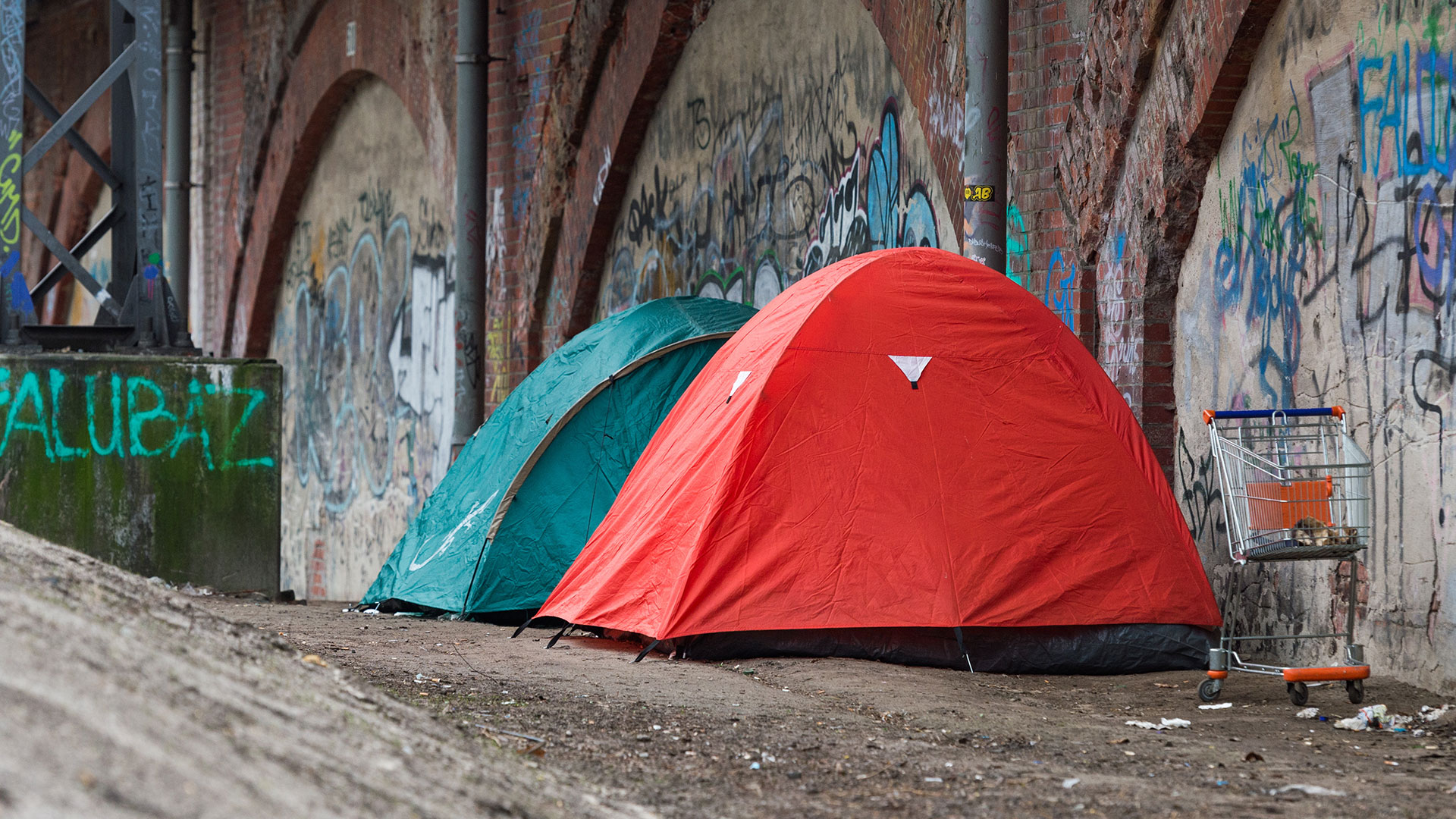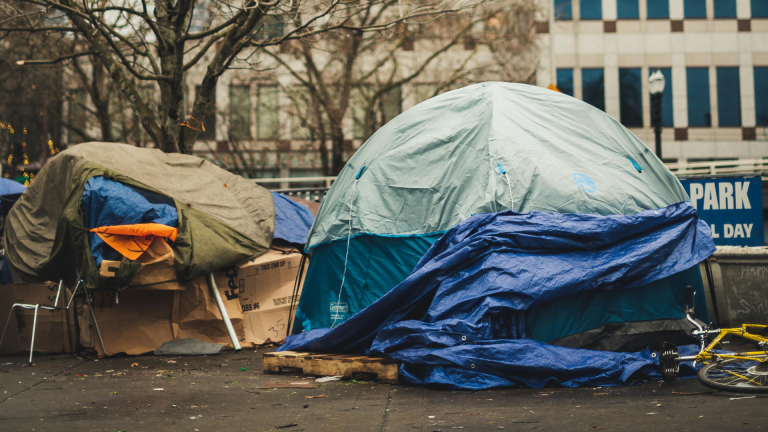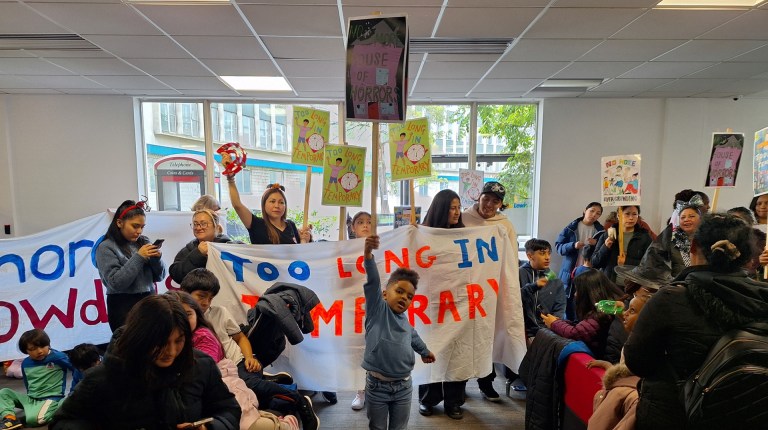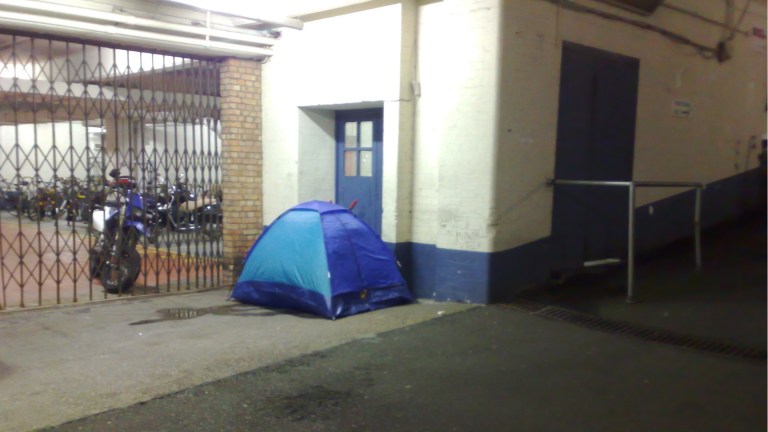The academics behind the study, who used computer modelling to analyse the spread of the virus during lockdown, are urging ministers to ensure single-room accommodation stays available for vulnerable people going forward.
They worked with the data of 46,565 homeless people in England before the Everyone In scheme was introduced – of which 35,817 people were being housed in more than 1,000 hostels.
Another 3,616 people were in 143 night shelters while 7,132 people were sleeping rough.
Data shared by charities and hostels showed that around four per cent of homeless people caught Covid-19 during the so-called first wave of the virus, killing 24 people. The academics said that without interventions there could have been 21,092 infections and another 266 deaths in the same group.
If self isolation-ready accommodation remains available, the researchers believe there could be another 1,754 Covid-19 infections and 31 deaths among homeless people between June and the end of January next year.
Rough sleeping minister Kelly Tolhurst said the research showed the benefit of the Government’s “decisive action” when the virus took hold, adding: “Protecting vulnerable rough sleepers this winter is a priority for this government. Our Next Steps Accommodation Programme provides the funding and support to help prevent people from returning to the streets.”
Last week homelessness charity St Mungo’s said the Everyone In programme had been “successful”, praising those involved for “unprecedented joint efforts” which saved lives.
But campaigners are now looking to the next steps for rough sleepers, with focus on finding them safe and long-term homes to move onto.
The former head of the government’s Rough Sleeping Task Force, Dame Louise Casey, was due to oversee this work with councils but stepped down from the task force in August.
The Government says its Next Steps Accommodation programme will build on the success of Everyone In and support councils to house vulnerable people long-term.
However last month figures from Streetlink showed that despite the Government’s claims to have moved up to 90 per cent of rough sleepers into emergency accommodation, reports of people sleeping on the streets increased 36 per cent between April and June compared to the same period last year.
And despite alerts from the public about rough sleepers usually rising in winter months, the figures were higher from April than in the previous quarter – showing the early impact of Covid-19’s grip on the economy, with many already losing jobs and falling through the cracks of the social security system.









